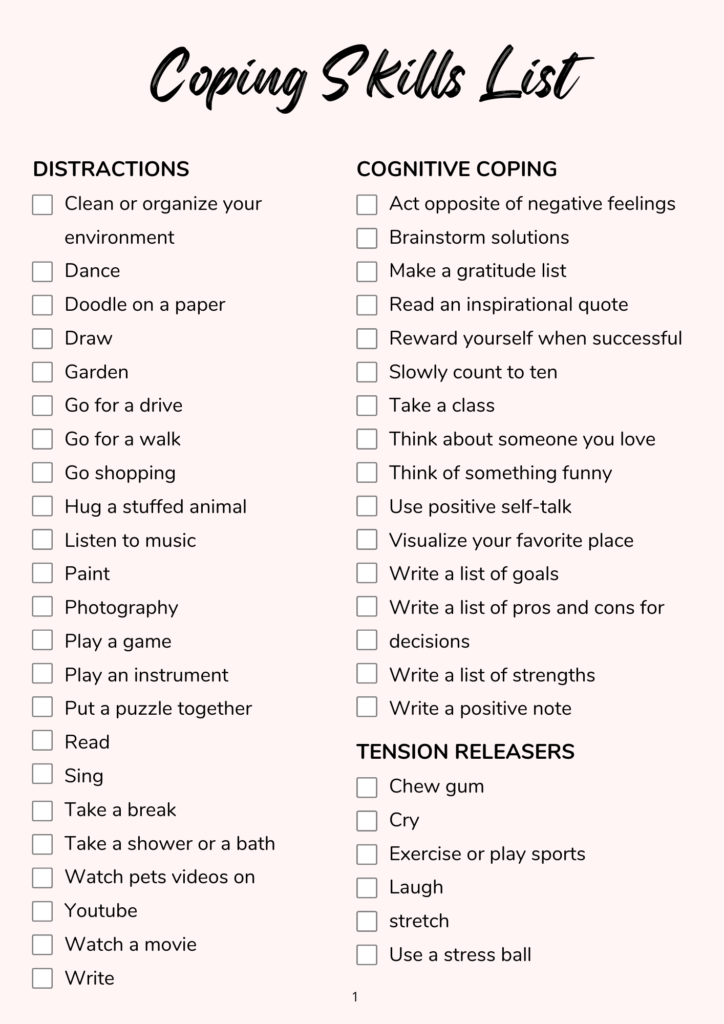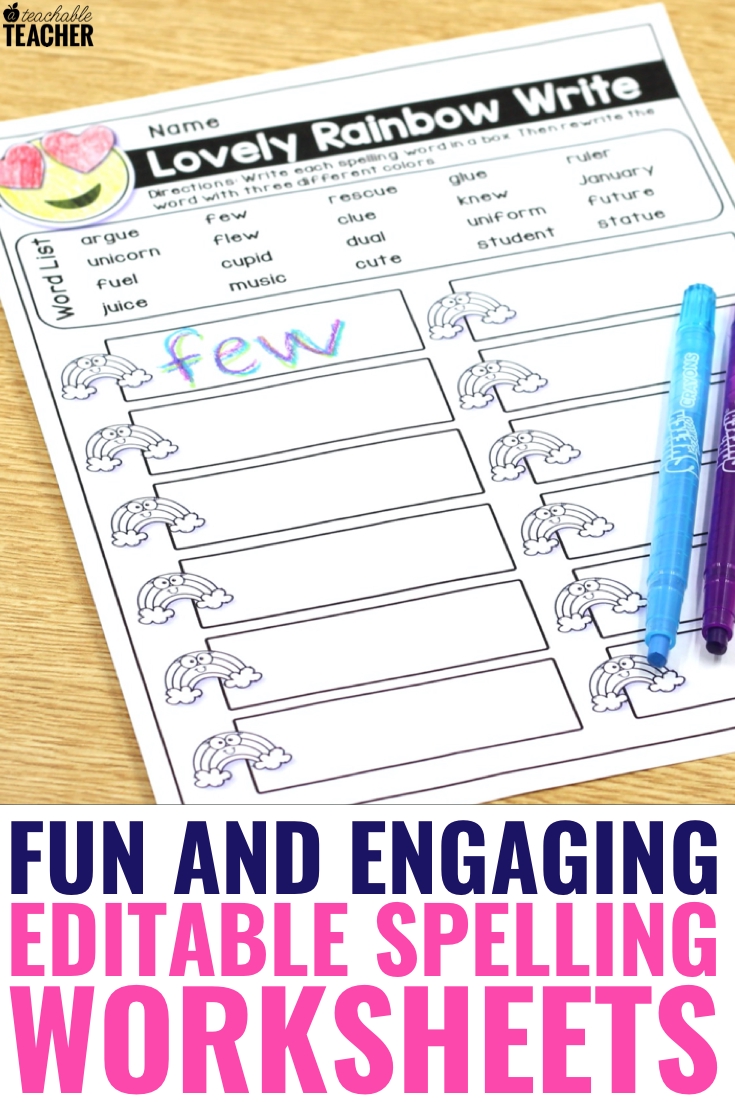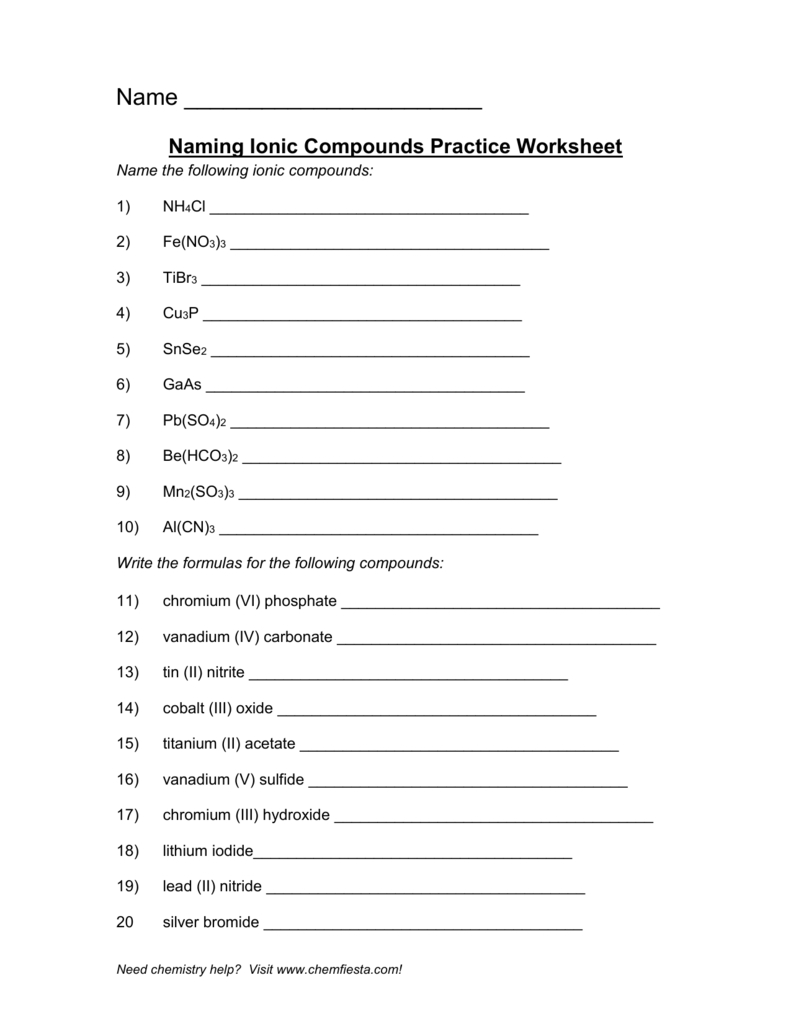7 Essential Life Skills for Recovery Success

Essential Life Skills for Recovery Success
Recovery from addiction or mental health issues requires a multifaceted approach that incorporates various life skills. These skills are crucial for maintaining sobriety, managing stress, and achieving overall well-being. In this article, we will discuss seven essential life skills that can help individuals achieve recovery success.
1. Emotional Regulation
Emotional regulation is the ability to manage and modulate one’s emotions in a healthy way. This skill is critical for recovery, as it helps individuals cope with stress, anxiety, and other emotions that can trigger relapse. Effective emotional regulation involves recognizing and accepting emotions, rather than suppressing or denying them. By learning healthy emotional regulation techniques, individuals can reduce their risk of relapse and improve their overall mental health.
Some strategies for improving emotional regulation include:
- Mindfulness meditation
- Deep breathing exercises
- Journaling
- Talking to a therapist or support group
2. Time Management
Time management is an essential life skill that can help individuals in recovery stay organized and focused. By prioritizing tasks and managing time effectively, individuals can reduce stress and increase productivity. Good time management also allows individuals to make time for self-care activities, such as exercise, meditation, or spending time with loved ones.
Some tips for improving time management include:
- Creating a schedule or planner
- Setting realistic goals and priorities
- Breaking down large tasks into smaller, manageable chunks
- Avoiding procrastination and distractions
3. Communication Skills
Effective communication is critical for building and maintaining healthy relationships. Individuals in recovery must learn to communicate their needs, feelings, and boundaries in a clear and respectful manner. This involves active listening, using “I” statements, and avoiding blame or criticism.
Some strategies for improving communication skills include:
- Practicing assertive communication
- Using non-verbal communication techniques, such as body language and tone of voice
- Seeking feedback from others
- Joining a support group or therapy to practice communication skills
4. Problem-Solving
Problem-solving is an essential life skill that involves identifying problems, generating solutions, and taking action. Individuals in recovery must learn to approach problems in a logical and systematic way, rather than relying on impulsive or avoidant behaviors. This involves breaking down complex problems into smaller, manageable parts, and seeking support from others when needed.
Some strategies for improving problem-solving skills include:
- Identifying and challenging negative thought patterns
- Brainstorming potential solutions
- Evaluating the pros and cons of each solution
- Seeking feedback and support from others
5. Self-Care
Self-care is an essential life skill that involves taking care of one’s physical, emotional, and spiritual needs. Individuals in recovery must prioritize self-care activities, such as exercise, meditation, and spending time in nature. This helps to reduce stress, improve mood, and increase overall well-being.
Some self-care activities to try:
- Exercise, such as walking or yoga
- Mindfulness meditation or deep breathing
- Spending time in nature, such as hiking or gardening
- Engaging in creative activities, such as art or music
6. Financial Management
Financial management is an essential life skill that involves managing one’s finances in a responsible and sustainable way. Individuals in recovery must learn to create a budget, prioritize expenses, and avoid debt. This involves tracking income and expenses, creating a budget plan, and seeking support from a financial advisor if needed.
Some strategies for improving financial management include:
- Creating a budget plan
- Prioritizing expenses, such as rent/mortgage, utilities, and food
- Avoiding debt and credit card use
- Seeking support from a financial advisor or support group
7. Resilience
Resilience is the ability to bounce back from adversity, trauma, or stress. Individuals in recovery must learn to develop resilience by cultivating a positive mindset, seeking support from others, and practicing self-care. This involves learning to reframe negative thoughts, practicing gratitude, and seeking support from loved ones or a support group.
Some strategies for improving resilience include:
- Practicing gratitude, such as keeping a gratitude journal
- Reframing negative thoughts and attitudes
- Seeking support from loved ones or a support group
- Engaging in activities that promote relaxation and stress reduction, such as yoga or meditation
📝 Note: Developing these essential life skills takes time and practice. Be patient and compassionate with yourself as you work to build these skills, and don't be afraid to seek support from others when needed.
By incorporating these seven essential life skills into their daily lives, individuals in recovery can improve their chances of success and achieve overall well-being.
What is the most important life skill for recovery success?
+
While all the life skills mentioned are crucial for recovery success, emotional regulation is often considered the most important. This is because emotional dysregulation can trigger relapse and negatively impact overall mental health.
How can I prioritize self-care activities in my daily life?
+
Prioritizing self-care activities involves scheduling time for these activities in your daily planner or calendar. Start by committing to one or two self-care activities per day, such as exercise or meditation, and gradually increase the number of activities as needed.
What is the best way to develop resilience in recovery?
+
Developing resilience in recovery involves cultivating a positive mindset, seeking support from others, and practicing self-care. This can be achieved by practicing gratitude, reframing negative thoughts, and engaging in activities that promote relaxation and stress reduction.
Related Terms:
- Early Recovery Skills worksheets
- Recovery life skills curriculum
- Patience in recovery Worksheets
- Life skills group
- Boredom in recovery worksheets pdf



